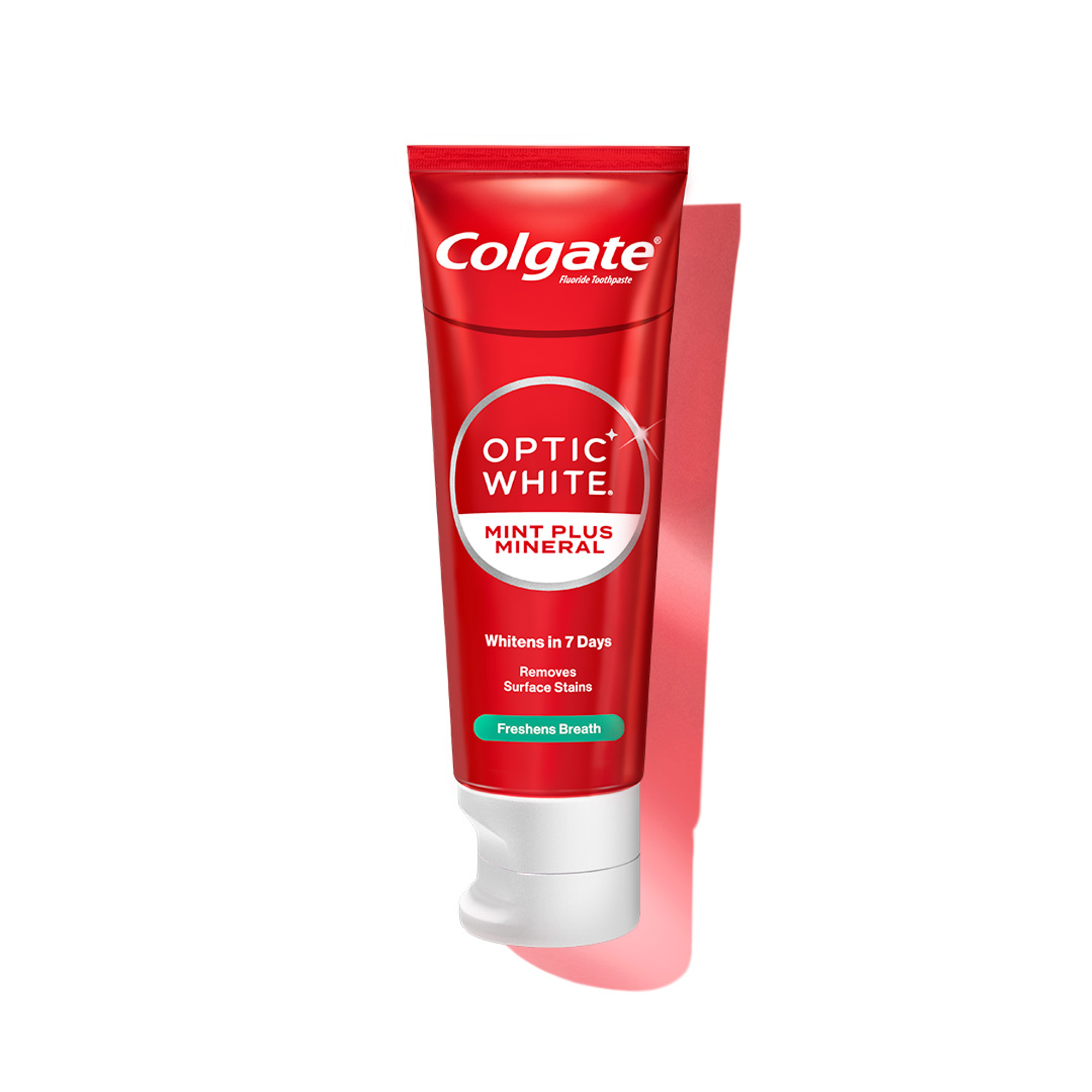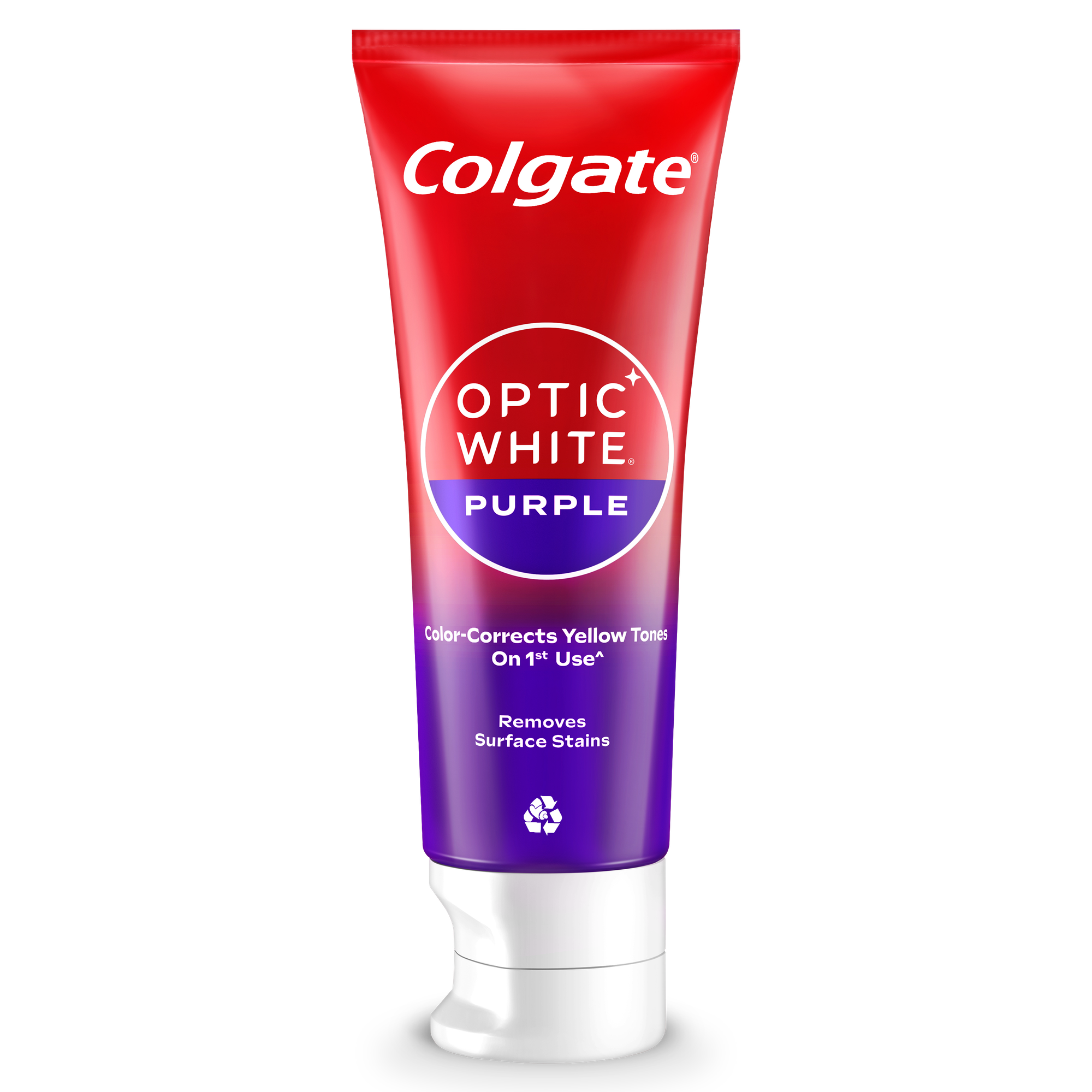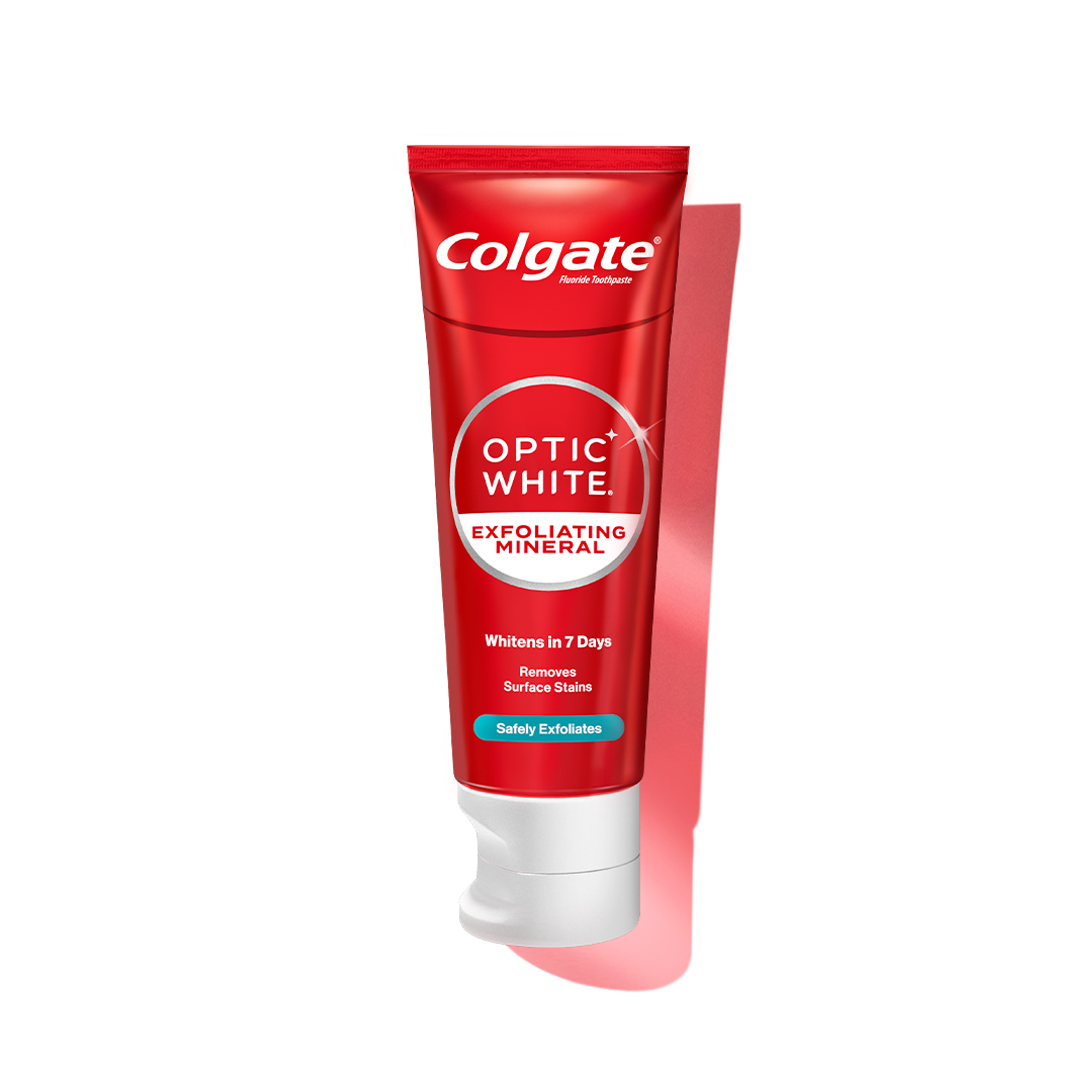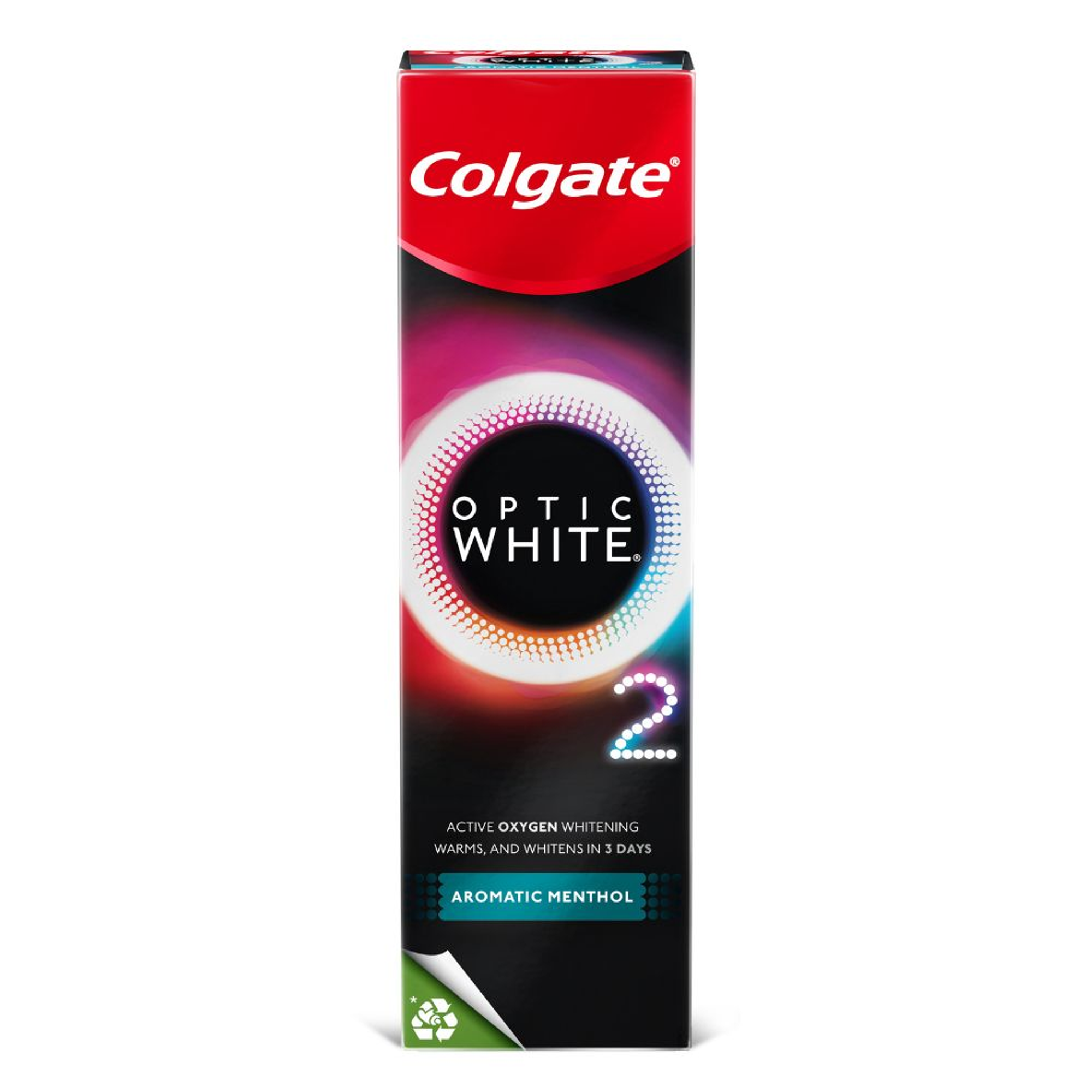What Causes Black Stains on Teeth?
So, what causes black stains on teeth? These stains can develop for many reasons, ranging from everyday habits to underlying dental conditions. Some stains form on the surface due to external factors, while others develop inside the tooth. Understanding these causes can help you prevent and treat them effectively. Below are the major causes of black stains on teeth.
Extrinsic Causes (External Factors)
Extrinsic stains occur on the outer layer of the teeth (enamel) and are commonly caused by:
Not Brushing and Flossing Enough – If you do not clean your teeth properly, plaque and tartar build up. They can trap stains and turn black, especially near the gumline.
Smoking and Tobacco Use – Smoking or chewing tobacco can leave dark stains on your teeth, giving them a blackish appearance over time.
Foods and Drinks that Stain – Coffee, tea, red wine, berries, and dark sauces can stain your teeth, especially if you have them often.
Certain Medicines – Some antibiotics and medications can cause teeth to turn greyish-black if taken when teeth are still developing.
Intrinsic Causes (Internal Factors)
Intrinsic stains develop inside the tooth, making them harder to remove. These may be caused by:
Tooth Injury or Trauma – A severe blow or injury to a tooth can damage the inner tissue (pulp). This may lead to darkening or a blackish appearance over time.
Tooth Decay and Cavities – When dental caries spread deep into the tooth, it can break down the inner layers, causing noticeable dark or black discolouration.
Dental Restorations – Some dental treatments, such as silver (amalgam) fillings or metal crowns, can gradually cause the surrounding tooth to take on a grey or black tint.
Genetic Conditions – Certain inherited disorders can affect tooth development and enamel strength, sometimes leading to discolouration, including black or greyish stains.
Types of Teeth Stains
Teeth stains can be classified into two main types. Extrinsic stains, which affect the outer layer of the tooth, and intrinsic stains, that form within the tooth structure. For choosing the right treatment, it is rather important to know the different types of teeth stains.
Extrinsic Stains (Surface Stains)
Extrinsic stains appear on the enamel, the outermost layer of the tooth. They typically start as light yellow or brown discolouration and can darken over time if left untreated. These stains are often found on the front teeth, near the gumline, or as small black marks on teeth. Since they only affect the surface, extrinsic stains can usually be removed with regular brushing, professional cleanings, and whitening treatments.
Intrinsic Stains (Deep Stains)
Intrinsic stains develop inside the tooth, affecting the dentin (the layer beneath the enamel). Unlike extrinsic stains, these are often more stubborn and appear as grey, brown, or even small black stains on teeth. They may spread over time and are less responsive to regular whitening treatments. In many cases, professional treatments like bleaching, veneers, or bonding are needed.
Symptoms Of Black Stain on Teeth
Black stains on teeth can appear as small spots, streaks, or larger patches on the enamel. Some people may notice small black marks on teeth, while others might see black stains between teeth, especially near the gumline. These stains can be light at first but may darken over time if not addressed. In some cases, they may feel rough or stubborn, making them harder to remove with regular brushing.
The reason for black stains on teeth varies, but they often signal plaque buildup, tartar deposits, or deeper dental issues. Unlike surface stains that can be easily brushed away, small black stains on teeth might persist, requiring professional dental cleaning. If the discolouration spreads or becomes more noticeable, it could indicate an underlying problem that needs attention. Identifying the symptoms early can help treat and prevent further staining by addressing the black stains on teeth reason before they worsen.
How To Treat Black Stains on Teeth
If you have ever wondered, “How can I remove black stains from teeth?” you are not alone. There are two primary ways to address black teeth stains: professional in-office treatments and at-home remedies. The right method depends on the severity and cause of the stains.
In-office Treatment
For stubborn black stains on teeth, a dental professional can provide effective treatment options, including:
Professional Cleaning (Scaling and Polishing): Dentists use specialised tools to remove plaque, tartar, and surface stains, helping restore your natural tooth colour.
Teeth Whitening: For deeper stains, professional whitening treatments offer faster and more noticeable results than over-the-counter products.
Dental Restorations: If a black stain is due to an old filling or crown, the dentist may replace it with a tooth-coloured material to improve appearance and function.
Veneers: In cases of severe discolouration, veneers can cover the affected teeth, providing a whiter, more uniform smile.
Other Procedures: If black stains on teeth result from internal damage, treatments like root canals or extractions may be necessary.
Home Remedies
For minor stains, certain at-home treatments can help:
Improved Oral Hygiene: Brushing twice a day and flossing daily can prevent stains from forming. It can also help in removing mild surface discolouration.
Whitening Toothpaste: A toothpaste with gentle abrasives can help reduce black teeth stains over time, though results may be gradual.
Over-the-Counter Whitening Kits: Whitening strips or trays offer a stronger whitening effect than toothpaste. However, it may not be effective for deeper stains.
While home remedies can help with surface stains, a professional evaluation is crucial for deeper or persistent black stains on teeth treatment. A dentist can determine the cause and recommend the most effective solution, ensuring a healthy, stain-free smile.
How to Prevent Black Line Stains on Teeth?
Preventing black stains on teeth is easier than treating them. By following good oral care habits regularly and making small lifestyle changes, you can help reduce the risk of black line stains on teeth. Here are some effective ways to remove black stains from teeth before they even form.
Proper Oral Hygiene
Brushing and flossing every day can help prevent black line stains on teeth. Use a soft toothbrush and fluoride toothpaste to clean your teeth twice a day. This helps remove plaque and bacteria that cause stains. Flossing is also important because it clears food and plaque from between your teeth, stopping black stains between teeth. An electric toothbrush can make cleaning easier and more effective. Rinsing with an antibacterial mouthwash can also help prevent plaque buildup, reducing the chances of black line stains on teeth.
Regular Dental Checkups
Routine dental visits play an important role in preventing and treating black stains on teeth. Professional teeth cleanings are recommended every six months to remove plaque, tartar, and early stains that regular brushing might miss. During these visits, your dentist can identify potential issues, such as cavities or early signs of tooth enamel erosion. If needed, they may suggest treatments like fluoride applications or polishing to maintain your teeth’s natural whiteness. Early detection of stains and the right treatment can prevent them from becoming more severe.
Quit Smoking & Tobacco
Tobacco use is a major cause of smoking stains on teeth, leading to deep discolouration that can be difficult to remove. The tar and nicotine in cigarettes and chewing tobacco leave behind stubborn stains, which gradually turn yellow and, over time, dark brown or black. Teeth whitening for smokers can help reduce these stains. However, quitting smoking is the best way to prevent further discolouration. Additionally, as smoking and oral health are related, quitting it can lower the risk of dental problems.
Dietary Adjustments
What you eat and drink can affect the colour and health of your teeth. Dark-coloured foods and drinks like coffee, tea, red wine, and dark sauces can lead to black stains on teeth over time. These foods have strong pigments that stick to your enamel and cause stains. Acidic foods can also weaken your enamel, making it easier for stains to form. To avoid small black marks on teeth, try drinking more water and adding crunchy fruits and vegetables like apples, carrots, and celery to your diet.
Use a Straw for Staining Beverages
If you frequently drink coffee, tea, or soda, using a straw can help prevent black line stains on teeth. This simple habit minimises the direct contact of these beverages with your front teeth, reducing the risk of stains. It can also be an effective way to remove coffee stains and keep your smile looking brighter. Opting for reusable or biodegradable straws is an eco-friendly way to care for your teeth while protecting the environment. Additionally, rinsing your mouth with water after drinking can help wash away leftover pigments before they have a chance to stain your enamel.
When to See a Dental Professional?
While some black stains on teeth are only surface-level discolouration, others may indicate a more serious dental issue. It’s important to consult a dentist if the stains persist despite proper oral care, worsen over time, or are accompanied by other oral health concerns.
You should seek a professional evaluation if:
The stains do not improve with regular brushing and flossing.
You experience tooth sensitivity or pain along with the stains.
The stains are spreading or becoming darker.
The discolouration is linked to a previous tooth injury or trauma.
Several teeth are affected by black stains.
Other oral health issues, such as gum disease, are present.
The cause of the stains is unclear or concerning.
To conclude, black spots on the tooth surface can result from poor oral hygiene, caries, or other common causes like smoking and diet. Maintaining good dental care through regular brushing, flossing, and professional cleanings can help prevent and treat the black stains on teeth. If stains persist, consulting a hygienist or dentist is essential for proper diagnosis and treatment. Addressing black stains early can protect your teeth and keep your smile healthy.
Frequently Asked Questions
How can I remove black stains on my teeth?
To remove black stains from teeth, practise good oral hygiene by brushing twice a day, flossing, and using a whitening toothpaste. Professional treatments like scaling, polishing, or teeth whitening can effectively get rid of stubborn stains.
Do black stains on teeth indicate tooth decay?
Not all black stains indicate tooth decay, but they can be a sign of plaque buildup, tartar, or other underlying dental issues. If the stains are rough, spreading, or accompanied by pain, consult a dental professional for proper evaluation.
How can I remove black stains from my teeth naturally?
Eating crunchy fruits like apples and maintaining good oral hygiene can help reduce surface stains. However, home remedies can only provide temporary relief, and professional treatment is necessary for deeper or persistent stains.
Why do my teeth keep staining black?
Black stains on teeth can be caused by poor oral hygiene, tobacco use, staining foods, or tartar buildup. Regular dental cleanings and avoiding stain-causing habits can help prevent them.














